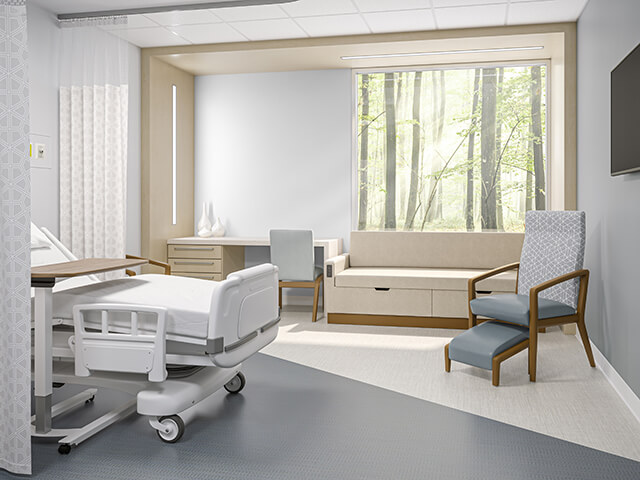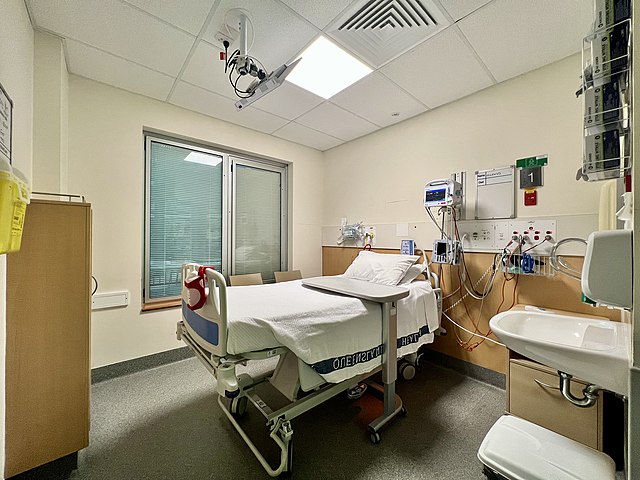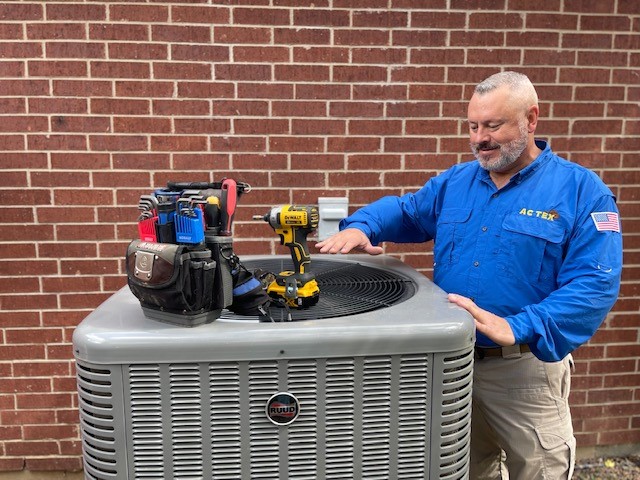In the intricate ecosystem of a hospital, where every minute counts and every decision impacts lives, having the right medical supplies is not just crucial; it’s non-negotiable. From life-saving interventions to routine patient care, the availability of essential medical supplies can mean the difference between recovery and deterioration. In this comprehensive guide, we delve into the core medical supplies that every hospital must have to ensure both efficiency and safety in patient care.
Introduction
Hospitals serve as sanctuaries of healing, where individuals entrust their well-being to the expertise of healthcare professionals. Behind the scenes of every successful medical intervention lies a plethora of essential supplies meticulously organized to cater to diverse medical needs. These supplies form the backbone of hospital operations, facilitating diagnostics, treatment, and patient care.
The Core Essentials
1. Personal Protective Equipment (PPE)
The COVID-19 pandemic underscored the critical importance of Personal Protective Equipment (PPE) in safeguarding healthcare workers and patients alike. From N95 masks to gloves, gowns, and face shields, PPE remains indispensable in preventing the transmission of infectious diseases within healthcare settings.
2. Diagnostic Equipment
Accurate diagnosis is the cornerstone of effective medical treatment. Hospitals must be equipped with state-of-the-art diagnostic tools such as X-ray machines, ultrasound devices, and blood analyzers to promptly identify ailments and initiate appropriate interventions.
3. Medications and Intravenous Supplies
A well-stocked pharmacy is essential for ensuring timely administration of medications. From antibiotics to pain relievers and life-saving antidotes, hospitals must maintain an ample supply of medications tailored to the needs of diverse patient populations. Additionally, intravenous supplies including IV catheters, infusion pumps, and IV fluids are indispensable for delivering fluids, medications, and nutrients to patients.
4. Surgical Instruments and Supplies
In the operating room, precision is paramount. Surgeons rely on an array of surgical instruments and supplies including scalpels, forceps, sutures, and sterile drapes to perform procedures ranging from routine surgeries to complex interventions. Maintaining sterile conditions and ensuring the availability of sterile supplies are imperative to prevent surgical site infections and promote favorable patient outcomes.

5. Respiratory Equipment
Respiratory ailments pose a significant burden on healthcare systems worldwide. Hospitals must equip themselves with respiratory equipment such as ventilators, oxygen tanks, nebulizers, and CPAP machines to support patients with respiratory distress and ensure optimal oxygenation.
6. Patient Monitoring Devices
Continuous monitoring of vital signs is essential for detecting early signs of deterioration and preventing adverse events. Hospitals must invest in patient monitoring devices including cardiac monitors, pulse oximeters, and blood pressure cuffs to track vital parameters and intervene promptly when necessary.
Conclusion
In the realm of healthcare, preparedness is key to mitigating risks and delivering optimal patient care. By ensuring the availability of essential medical supplies, hospitals can enhance efficiency, minimize complications, and ultimately save lives. As we navigate the complexities of modern healthcare, let us reaffirm our commitment to equipping hospitals with the tools they need to fulfill their noble mission of healing.





